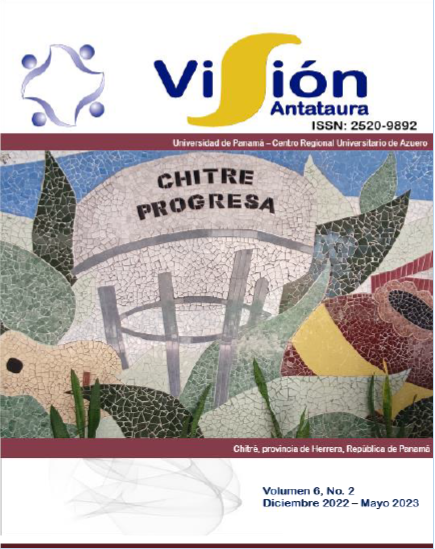


This work is licensed under a Creative Commons Attribution-NonCommercial-ShareAlike 4.0 International License.
With the objective of characterizing methicillin-resistant Staphylococcus aureus that circulates in our country, a total of 88 positive methicillin-resistant Staphylococccus aureus (MRSA) were obtained from the national epidemiological survey library of Instituto Conmemorativo Gorgas de Estudios de la Salud del Laboratorio Central de Referencia en Salud Pública, Republic of Panama, We amplified mecA and demonstrated its presence in 100% of our isolates of the gene mecA. The characterizacion of the isolates was performed by RFLP-PCR of the coa, spa, HVR genes and digestion with Haell. Then amplificated three genes (coa, spa and HVR). The aisolates were grouped into five categories based on the genes for which amplification was obtained. Restriction digestion of a mixture of the three amplicons produced 19 banding patterns; these patterns were reproducible and comparative to previous studies. Category 1 with amplification in the three genes (24 isolates) generated 19 different banding patterns. Category 2 with amplification in the genes (coa and spa) grouped 25 isolates with 17 different patterns. Category 3 with amplification in (coa and HVR) grouped 10 isolates with 6 patterns. Category 4 with amplification only for coa with 11 isolates and 7 patterns. Category 5, only one isolate with amplification for HVR generated only one type of pattern. The band patterns obtained are reproducible and comparable to other previous studies. Our results suggest that RFLP-PCR is a practical, easy, rapid and discriminant screening methodology for epidemiological surveillance of infections caused by methicillin-resistant Staphylococcus aureus (MRSA).